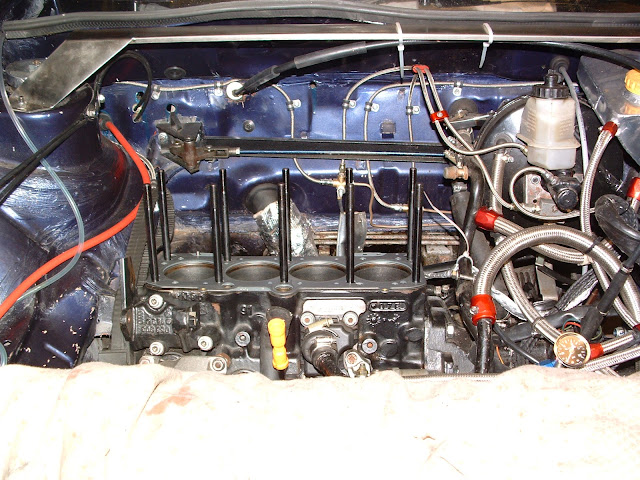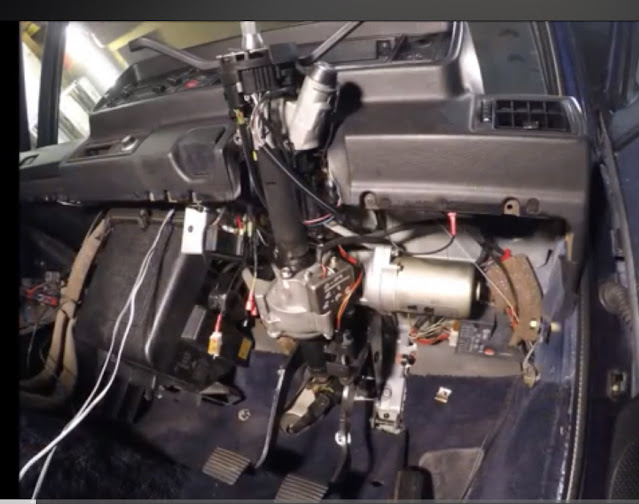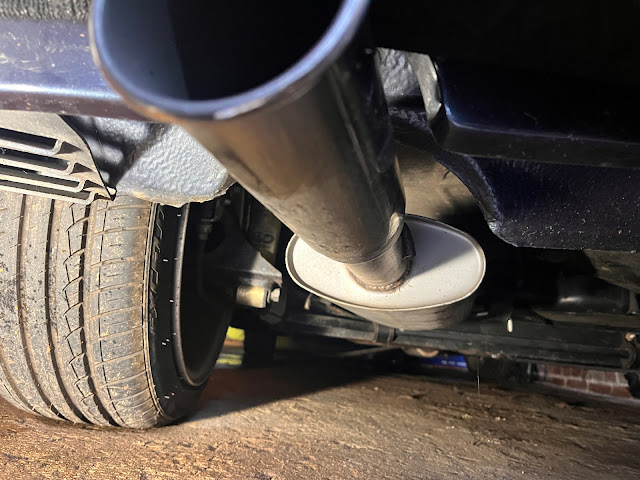VW 2.0L 16v Engine
The doner MK1 tin top engine was finally installed in the soft top.
Originally from an Audi 80, the 2.0L 6a block is identical to the 2.0L 9a black found in the VW Corrado or Passat, apart from the sump and the inlet manifold, as the Audi setup is inline.
The head was ported and flowed by Richard at Redline Racing in Brighouse.
New vales stem and valves and new hydraulic cam buckets were fitted. Some Schrick split duration cams were fitted, a piper vernier pulley on the timing belt side and individual vernier pullies on the cam chain side. The original camshafts were 276 inlet and 288 exhaust & while this produced good power, the torque was almost non-existent until after 3500 rpm, which was great for the track but bad for general road use. Milder cams were needed, so I ended up going for a 260/276 setup.
The new camshaft details are below:
Intake camshafts 260°
Cam lift: 11.5
Valve lift in TDC: 1.6/1.7
Spread: 112
Exhaust camshaft 276°
Cam lift: 11.5
Valve lift in TDC: 2.4/2.5
Spread: 110
RACEWARE™ cylinder head stud kits were used to permanently eliminate head gasket leaks.
RACEWARE™ 205,000 PSI tensile strength Aerospace Quality engine fasteners have proven to be the best fasteners for German engines. When Porsche performance engine builders started pushing the power envelope on the Porsche 996/997 factory Twin-Turbo engines, they used these RACEWARE™ studs to achieve power levels that could now reliably exceed 1000 dyno HP and 30 PSI boost without head gasket leaks. Check out Raceware fasteners head stud kits for more info.









